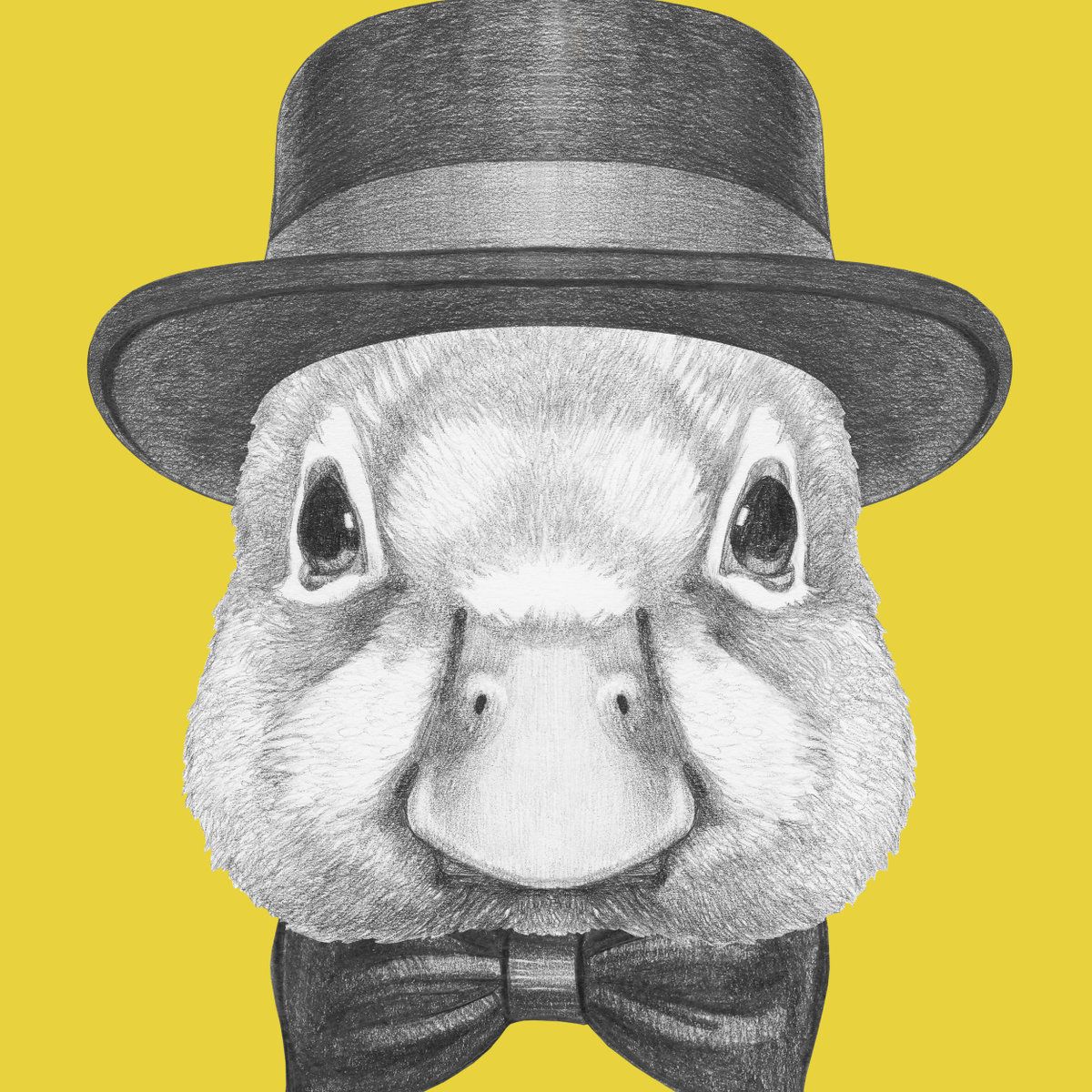374 reads
Sort & Narrow Upcoming NFT Drops with Data: How I Developed NFT Sorter
by
July 9th, 2022
Audio Presented by
About Author
Blockchain engineer, full-stack developer, and entrepreneur.
Comments
TOPICS
Related Stories
2017: A Data Odyssey
Jan 02, 2017

